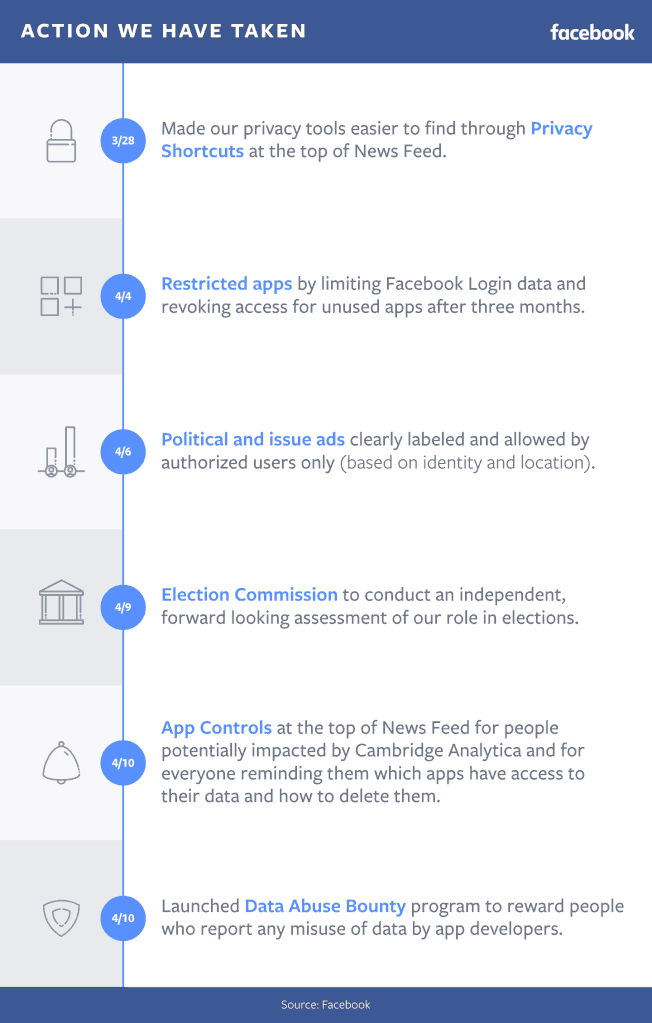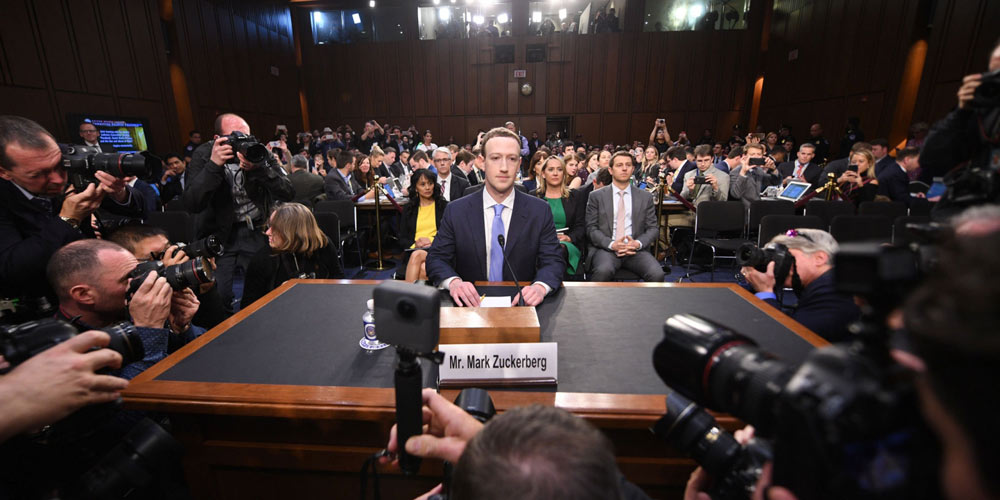
Data is expensive, and people can go through great lengths to see it, get it, or even protect it. The case is similar to Facebook.
Following the Cambridge Analytica scandal, Facebook has been inside the crosshairs of many media and governments around the world. Facebook wants to regain people's trust, by making itself more transparent and safe. But here, the company is facing an uphill battle.
While founder and CEO Mark Zuckerberg takes questions from U.S. Senators, the company continued to implement changes to how the social media works.
Measures have taken place in Facebook, in a broader effort to reassure the public that the company is taking this issue seriously. The company is also taking any conceivable measures in the circumstances, for the sake of its well-being.

The most notable changes are:
Data Abuse Bounty
Facebook has a similar program for bugs in place for years, which incentivise users when identifying security flaws and issues on the social media network. The Data Abuse Bounty program is a step forward to that: giving financial rewards to whoever help Facebook identify businesses which are misusing Facebook's insight and data.
So if users find any "apps collecting user data and passing it off to malicious parties to be exploited", they can submit their finding for Facebook to investigate.
Those that have been found misusing Facebook's data and insights, will receive punishments that include:
- Facebook in terminating the application from its platform.
- Receiving a forensic audit of related systems.
- Having to face legal action, including any other parties involved.
Zuckerberg admitted that Facebook should have taken action when it first realized Cambridge Analytica has been harvesting users' data.
The Data Abuse Bounty is designed so Facebook can get helping hands from users, benefiting from a broader knowledge base of the community to detect any potential issues.
Restricting Apps After Three Months
Facebook has also announced changes to its user access permission. Here, apps need to re-affirm permissions from users, once every 90 days, if they want to keep using that permission access.
This can be a problem for most developers. But for Facebook, this is one way to ensure that user data is not accessed without permission. This is to also make sure that users are aware of which companies and apps have the potential to get their information.
The change is designed to give Facebook users the transparency they need over the data Facebook has, and what Facebook shares with third-parties.

Facebook is changing, and that is for a good reason: users' data are at stake. The social media thrives on users' data, and that it needs to make sure (and reassure) people that their data is safe.
But of course, the fixes won't retrieve any data that has been shared or collected by third-parties. Once data is collected by others, there is no way for Facebook to get those back, or ensure that no one else has access to it. What Facebook is doing here, is to prevent more data to be collected and shared in the future, without the owners' (users) knowledge.
But given by the size and the complexity of Facebook, and also from the misunderstanding from political figures, lawmakers may have difficulties in processing what to operate.
While there is no promise that there won't be any Cambridge Analytica controversies in the future, but what people should know is that, Facebook is doing what it can to be more transparent.
Further reading: Facebook Restricts Data Access: All Users' Information May Have Been Harvested